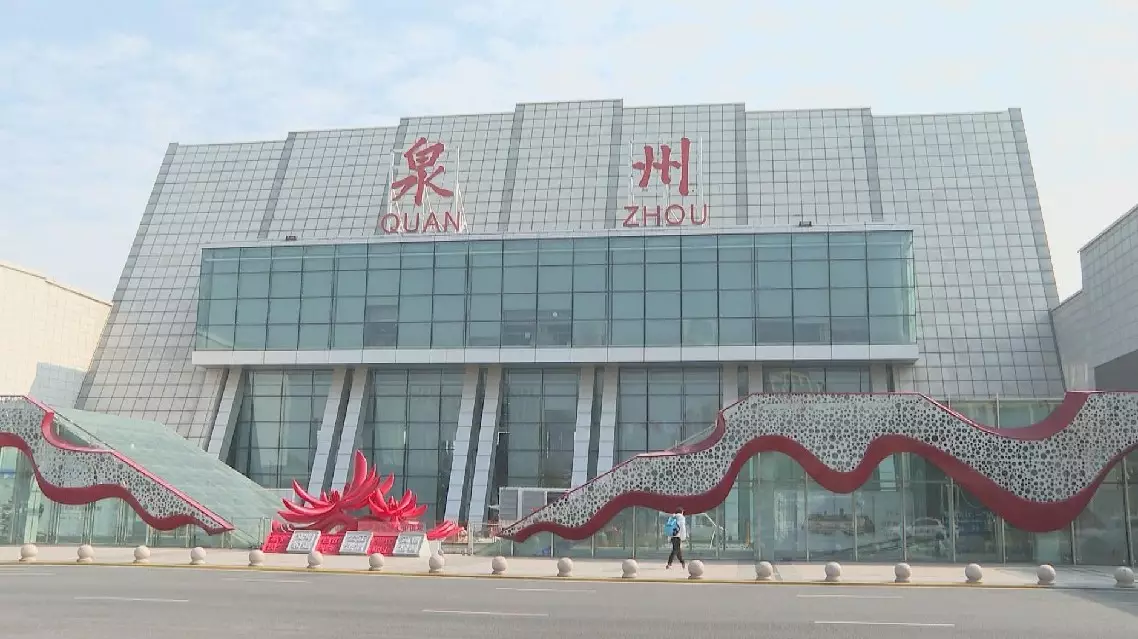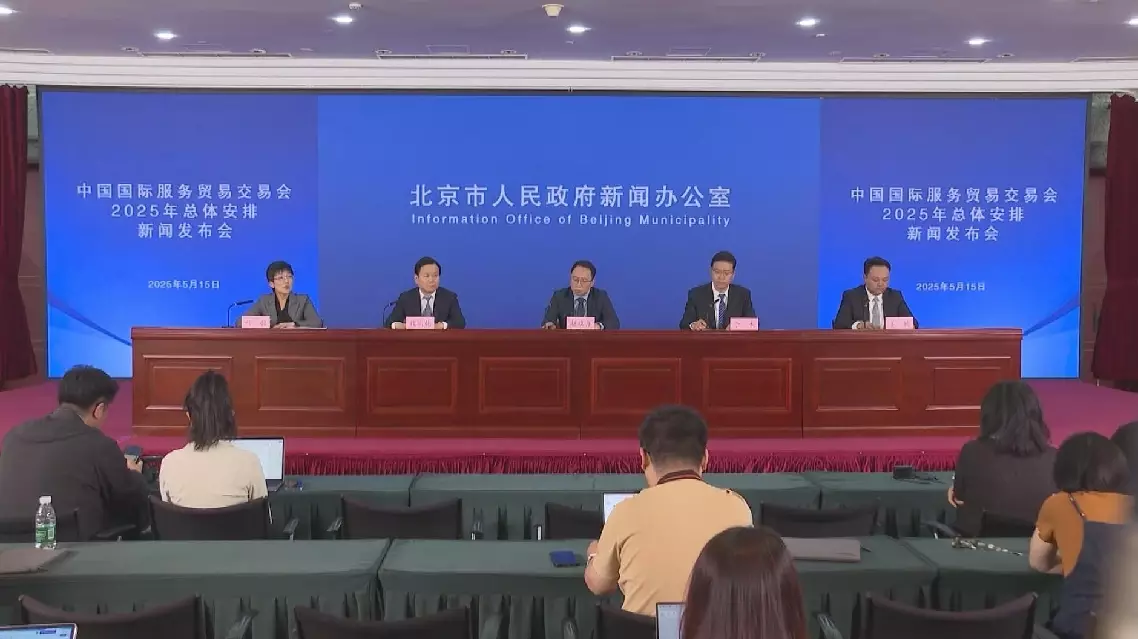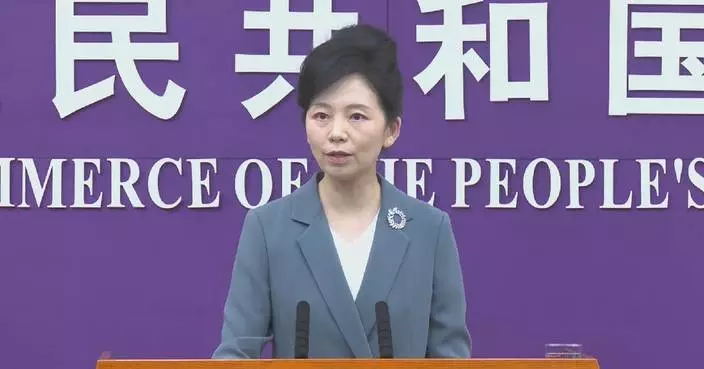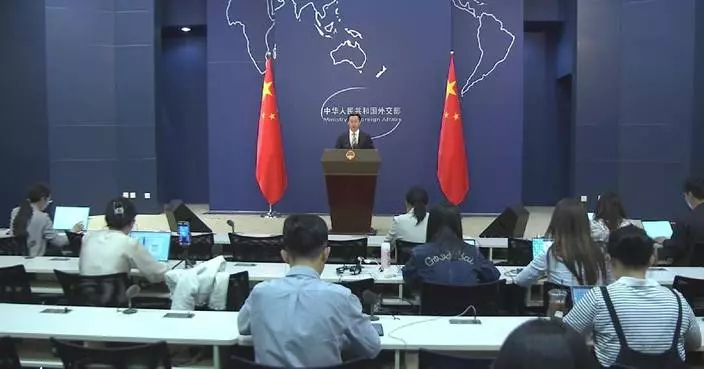International visitors entering China at Jinjiang International Airport have been enjoying a smoother border crossing process, along with opportunities to engage with local culture through exhibits and eye-catching performances.
The airport, located in Quanzhou City, east China's Fujian Province, is a major hub for business travelers as well as tourists seeking out the city's cultural sights and the natural beauty of the nearby mountains.
In December, it became one of the 21 newly designated ports in China for visa-free entry and exit. For Italian businessman Giacomo Motti, the new policy has significantly eased his travel experience.
"Of course it's very fast because no need to [do anything], no need for the Chinese [embassy] or need much paper or documents," he said.
Quanzhou has also prepared various local intangible cultural heritage activities for international visitors. As tourists make their way from the airport, they can enjoy puppet shows, martial arts exhibitions, traditional drama performances and flowery headwear presentations, all providing unique and captivating experiences.
The city's culture and tourism department has also invited bloggers from countries including France, Malaysia, Indonesia and Bangladesh to experience the city in depth, helping them gain a clearer understanding of Chinese history through their personal experiences.
Meanwhile, a new route from southwest China's Chongqing Municipality passes through Manila, capital of the Philippines, for a brief layover before carrying on to Jinjiang Airport, effectively combining domestic and international travel on a single plane in a new achievement for China's opening up.

China's Quanzhou strives to improve visiting experiences for influx of visa-free travelers
Starting this year, the China International Fair for Trade in Services (CIFTIS) will feature a fixed schedule and venue, with a focus on showcasing cutting-edge technologies such as AI and humanoid robots, as announced during Thursday’s press conference in Beijing.
The 2025 CIFTIS will be held from Sept 10 to 14 at the Shougang Park in Beijing. This year's fair will highlight the latest trends in service trade development and will hold a global service trade summit, exhibitions, forums, business negotiations, achievements releases, among other supporting activities.
"In order to further stabilize the expectations of exhibitors and visitors, starting from this session, the CIFTIS will be held annually on the Wednesday of the second week of September, lasting for five days. The venue will also be permanently fixed at the Shougang Park," said Yin Liang, deputy director of the Beijing International Trade in Services Affairs Center.
Australia, as the guest of honor, will form the largest service trade delegation since the launch of CIFTIS.
Over 30 countries and international organizations, including Norway, Japan, and the World Intellectual Property Organization, have expressed their intention to set up exhibitions and hold events. Among them, Canada will participate for the first time by setting up an online exhibition under its government's name.
"In terms of thematic exhibitions, this year's CIFTIS will continue the nine major themes from previous years while aligning with the development trends of service trade. The focus will be on showcasing solutions in the service trade sector, highlighting technologies and applications such as AI and humanoid robots, and promoting Chinese service products and brands," said Yin.

Beijing's CIFTIS unveils schedule, venue for future editions





















































